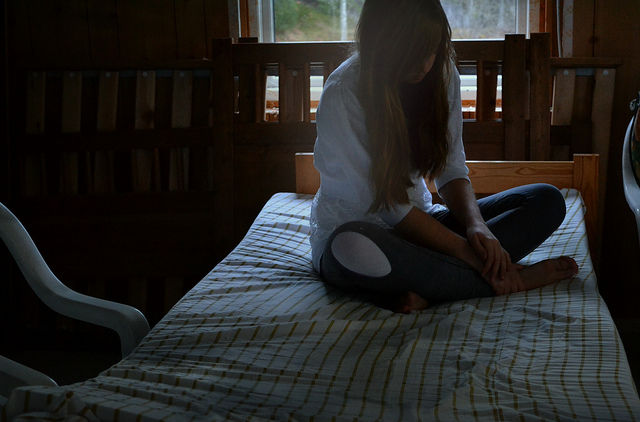Kelly shares this latest news from the NSPCC. Ed
With tablets, smart phones and games consoles appearing on many children’s Christmas lists, it would be fair to assume children will be spending more and more time online this festive period.
But as games, apps and social media sites are uploaded to new devices, can we really be sure our children are staying safe online?
Increase in online sexual abuse
We know that children are becoming increasingly concerned about online sexual abuse from the increasing number of calls to Childline. Over the past three years, there has been a 25 per cent increase in the number of counselling sessions about online sexual abuse.
Some children contacted Childline because they felt trapped and ashamed by their situation and were too were frightened to talk to an adult. Some were being blackmailed while others wrongly felt that they were to blame because they have participated in their abuser’s actions.
151 sex crimes against children
Figures obtained by the NSPCC show that last year in Hampshire and the Isle of Wight, the Internet was used as a gateway by offenders to commit 151 sex crimes against children.
The youngest victim was eight years old.
It is vital parents talk to their children about being safe online, spotting the signs of inappropriate behaviour, and how to report it.
Abuse can take many forms
Online sexual abuse can take the form of grooming, child sexual exploitation, sexting, being made to perform sex acts on webcam, meeting up in person, and viewing distressing sexually explicit content.
It is vital parents sit down together with their children regularly to talk about online safety and how to get help if they need it, especially at Christmas time when many will get new devices.
Parents and children should:
- Explore sites and apps together
- Talk about things they might see online which make them feel uncomfortable
- Talk about being Share Aware and what is, and is not, ok to share online
- Reassure them that you won’t overreact – you’re just looking out for them
Be aware of the risks
The Web can be a fantastic place for children and young people to socialise, explore their interests, and learn, but every parent buying an Internet device should be aware that there are risks too.
The NSPCC Website has all the help you need to get to grips with online safety and installing parenting controls. Visit to
find out more.





